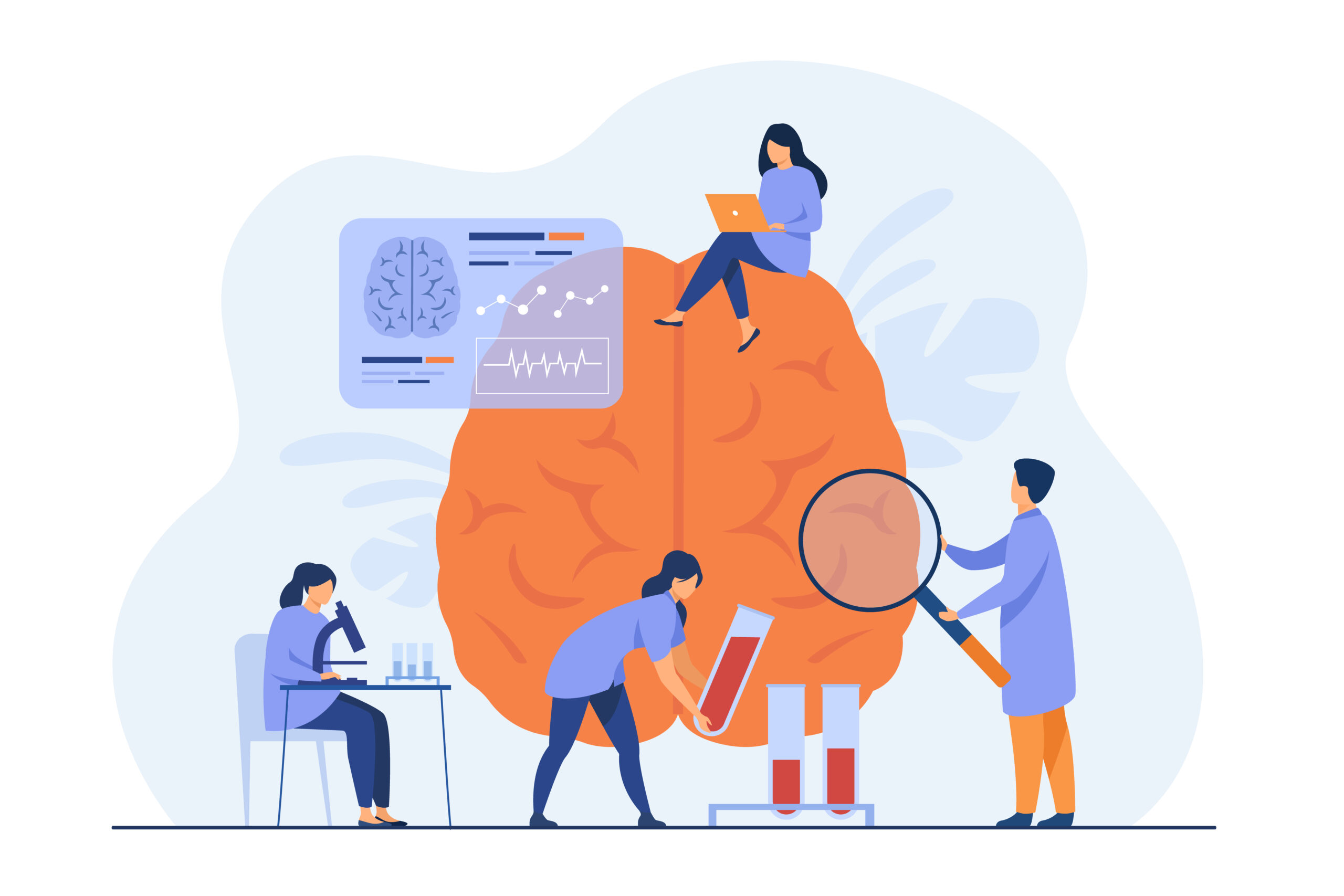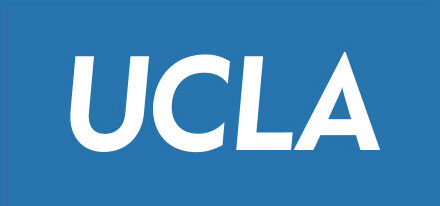Borderline Personality Disorder
Research Study
Researchers at the University of California Los Angeles are conducting a study on whether Transcranial Magnetic Stimulation (TMS), a gentle non-invasive brain stimulation method, can improve the regulation of emotions and impulsivity.

Fast Facts

Borderline Personality Disorder

18-65 Years Old

Compensation Provided

Conducted in Los Angeles, CA
Study Background
This pilot study aims to explore the effectiveness of repetitive Transcranial Magnetic Stimulation (rTMS) in improving emotion regulation and impulsivity in individuals with Borderline Personality Disorder (BPD).
TMS is a non-invasive brain stimulation technique that targets specific brain areas to potentially alter behavior and emotional responses. The research focuses on stimulating different regions of the ventrolateral prefrontal cortex (VLPFC) to determine their impact on performance in tasks designed to measure impulsivity and emotion regulation. The goal is to identify the most effective treatment sites by examining connectivity between the VLPFC and the amygdala, regions involved in emotional processing.
Participants will engage in up to four visits, including interviews, MRI scans, and rTMS sessions.
Sign up for our compensated study today!

Study Background
This pilot study aims to explore the effectiveness of repetitive Transcranial Magnetic Stimulation (rTMS) in improving emotion regulation and impulsivity in individuals with Borderline Personality Disorder (BPD).

TMS is a non-invasive brain stimulation technique that targets specific brain areas to potentially alter behavior and emotional responses. In this phase, the research focuses on stimulating different regions of the ventrolateral prefrontal cortex (VLPFC) to determine their impact on performance in tasks designed to measure impulsivity and emotion regulation. The goal is to identify the most effective treatment sites for the clinical phase of the study by examining connectivity between the VLPFC and the amygdala, regions involved in emotional processing.
Participants will engage in up to four visits, including interviews, MRI scans, and rTMS sessions. This pilot phase is crucial for informing future, larger-scale studies and is not a treatment study.
Sign up for our compensated study today!

Additional Information
The study is conducted to examine the efficacy of rTMS treatment on impulsivity and emotional regulation in individuals with borderline personality disorder.
You may qualify for a study if you meet the following criteria.
Inclusion Criteria:
- 18-65 years old
- Currently have a diagnosis of Borderline Personality Disorder OR are experiencing symptoms such as:
- Intense mood swings
- Intense and unstable relationships with family, friends, and loved ones
- Chronic feelings of emptiness
- Intense anger or problems controlling anger
- A pattern of impulsive behaviors
- Able to undergo MRI scan
- No significant alcohol or drug use
- Speak English
The study involves four visits to the UCLA medical campus. If eligible, participants will complete the following:
- Undergo a Magnetic Resonance Imaging (MRI) scan visit (1 hour)
- Receive three (3) rTMS sessions and perform cognitive, and behavioral tasks on a computer(this visit will take 1-1.5 hours)
Participants can be expected to be in this research study for up to 10-12 days.
As a participant, you can receive up to $300 for your time and effort. Parking vouchers are provided for in-person visits.
There is no cost for you to participate in our research study.
